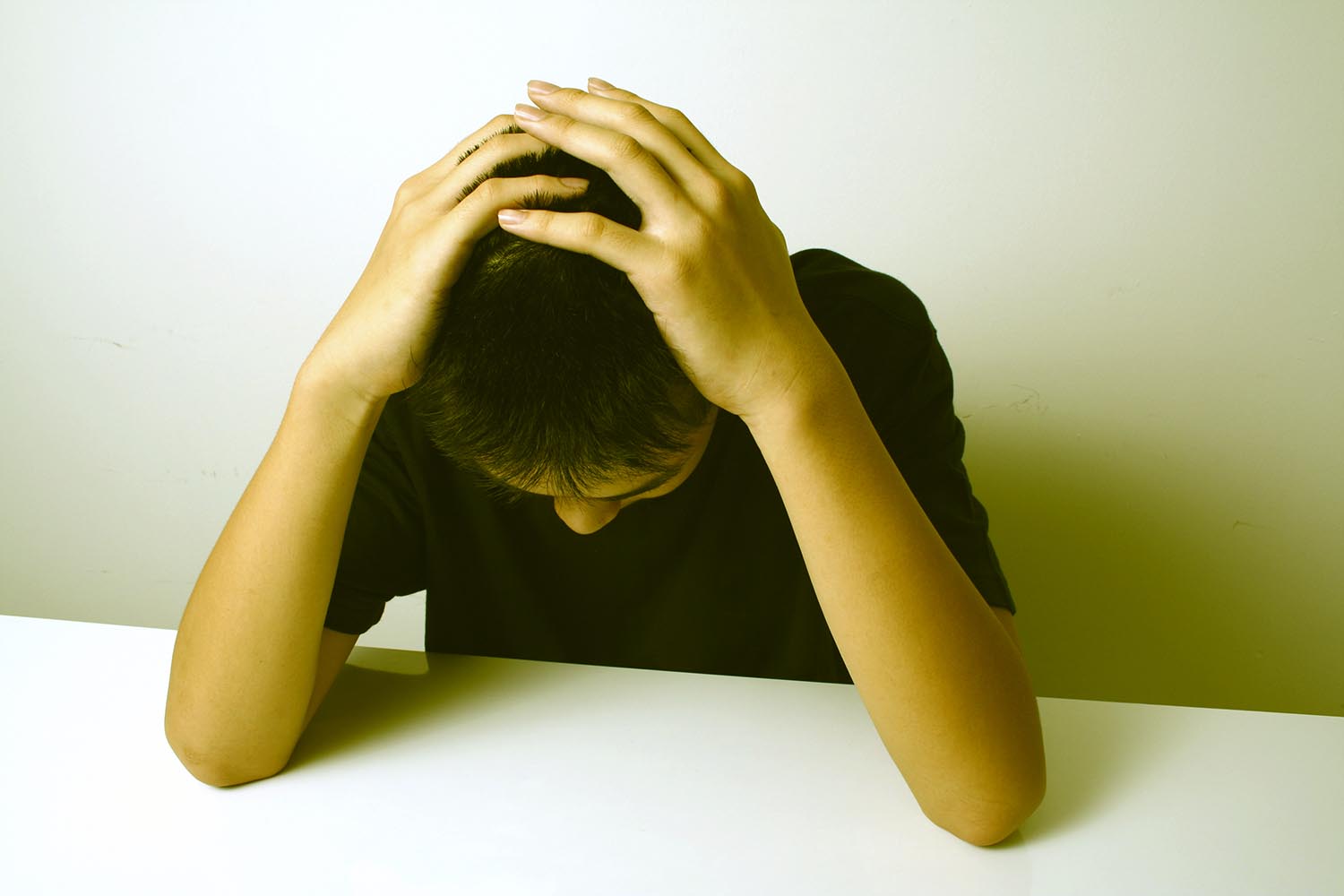
Japan is the only developed country without discrimination laws, but that doesn’t mean that hate speech isn’t prevalent, nor is racism in Japan. In fact, hate speech, bullying and racism are rampant in Japanese culture. The country has always had elevated ideals in terms of the kind of citizens that should be considered Japanese and this doesn’t often include Zainichi, ethnic Koreans that are Japanese citizens, and hafus, biracial Japanese citizens.

The Cases of Discrimination and Racism Are All Around
There have been many cases of outright racism and discrimination between Japanese people and Zainichi. One of the most remarkable ones is Shinhae Lee’s, a freelance journalist who expressed disapproval for one of Japan’s most remarkable extremist groups, the Zaitokukai. After making these claims, she was warned that she was being sent a spike. In Japanese folklore, spikes have the ability to curse someone to death, so Lee was able to witness first hand just what it meant to disapprove of Japanese extremist beliefs.
The threats did not stop there. They spread through social media, which often fires the extremists in people. She was cursed out by people who didn’t know her in the most casual ways. She didn’t fall victim to the hate, though. Instead, she filed a lawsuit against the leader of the Zaitokukai for $45,000.
Japanese: Koreans are Criminals
The way that Japanese people viewZainichi and hafus is a lot like how Donald Trump views Mexicans in America. Tweets expressing hate have called for the Japanese government to expel all Koreans, the good and the bad, and to kill women like Shinhae Lee. Social media makes people invisible, which is probably why declarations are too crude, and it prompts further harassment.
The problem with this kind of claim is that it also instills hate on people who do not understand the issues being dealt with. A fourteen year old Japanese girl took part in a demonstration against the Japanese Immigration Control Act, which gives Zainichi permanent residency status and allows them access to health care, welfare and social security. The girl, much too young to understand the complexity of the issue, cried out that she wanted to kill all Koreans, and proposed a massacre like the Rape of Nanking.
Instead of being corrected, educated, she was received with cheers and applause. This goes to show that racism in Japan is not something that can be taken lightly. Discrimination is in the smallest places, distributed in papers through offices and in questions like ‘do Zainichi even pay taxes?’. The government, despite not having an anti-discrimination policy, is gearing towards some change.
The Japanese Supreme Court forced Zaitokukai to pay $100,000 for harassing Zainichi students at an elementary school in Kyoto, and Osaka has become the first city in Japan to take out hate speech from the street.
Racism in Japan Might Change for the Better
Over 10 cities have started implementing anti-hate speech rules in Japan, so it’s possible that the country is seeing more change. A lot of the Japanese population are beginning to embrace what is different, in terms of culture, ethnicity and background. Hate speech must be eliminated, some Japanese and Zainichi say, in order for history not to repeat itself.

















